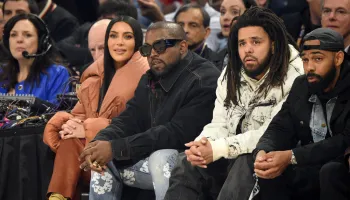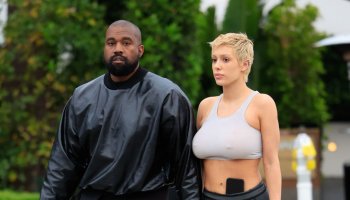Ghostface Killah is about to start hearing a familiar name a lot more these days. The man who composed the Iron Man theme song is reviving his copyright infringement lawsuit stemming from samples on Supreme Clientele.
The Hollywood Reporter writes:
On Friday, the 2nd Circuit Court of Appeals gave Jack Urbont, composer of the “Iron Man Theme” on the 1960s television show The Marvel Super Heroes, another shot in a copyright dispute with Sony Music over sampling by rapper Ghostface Killer. The decision not only has something of interest for fans of Marvel comics and Wu Tang Clan, but also for those dealing with the complexity of ownership in entertainment.
Urbont, whose later musical work includes That 70’s Show, Oprah, 20/20 and The View, was asked by Marvel’s Stan Lee in the 1960s to create music for the television show, and after reviewing comic books and absorbing the nature of Marvel superheroes, he composed themes for the characters and presented it for Lee’s approval. After the songs were accepted, he received $3,000, which he used to record the music including the “Iron Man Theme.”
Decades later, Ghostface Killah sampled the “Iron Man Theme” on two tracks of the rapper’s second album, Supreme Clientele, leading to a copyright lawsuit that been ongoing for five years and a decision at the district court in favor of Sony that had much to chew on.
The main lynchpin in case so far has been if Urbont can actually sue. Sony and Ghostface have long claimed that Urbont can not sue because he created the song for Marvel as a “work for hire,” contending that if anyone would or could sue them, that it would be Marvel. A judge ruled in their favor in 2011.
But then the 2nd Circuit Court of Appeals overturned that decision saying:
“While Urbont may possess a ‘master tape,’ it is undisputed that prior to the release of the Supreme Clientele album in 2000, the sound recording of the Iron Man theme song was never released as an independent audio recording without a visual component,” Hall wrote in his decision. “It is clear in this case that the allegedly infringing work could only have been copied form the audiovisual work, and therefore constitutes infringement of the audiovisual work.”
Photo: Instagram















